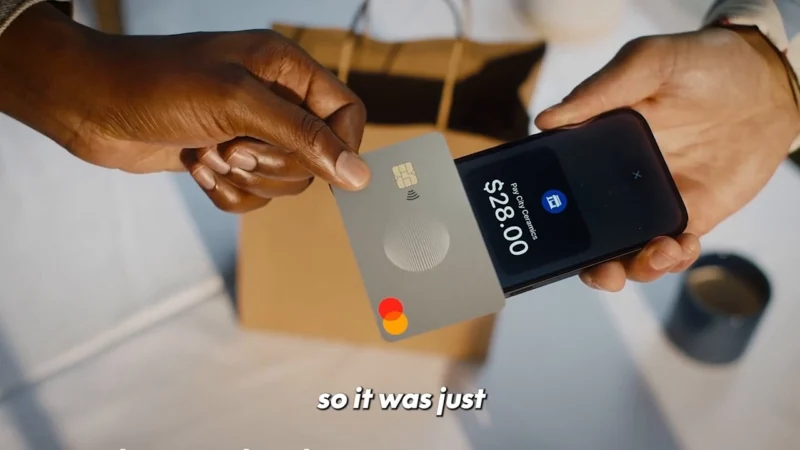SambaSafety’s Plan To Free Insurers From The Burden of Motor Vehicle Records
The normal motor vehicle insurance process sees the potential clients filling out an online questionnaire and the insurer pulling their motor vehicle records and making a decision. They then get back to the client with a quote that reflects what they know.
But what about when the insurer doesn’t know enough? Like when the MVR reveals little, or when the client has altered a birthdate or has a U.S. license not showing on the report?
That’s where Volta from SambaSafety comes in as an alternative to the traditional Rate Call 1 process.
“We’re trying to make life easy on our clients. Using technology to optimize your spend is really the key component here,” said Rick Fendell, Vice President, Data Solutions and Channels at SambaSafety in this episode of The Blind Spot. “Depending on the clients you are seeking as an insurer, you may have 70% of those clients not have anything on their MVR, but it’s still a necessary step in the process just to confirm – is there anything on this record?”
Volta, SambaSafety’s insurance platform, helps detect if it’s even necessary to pull an MVR in the first place. Insurers also can tell if something goes above an insurer’s guidelines, uncovering issues that may indicate too much risk without purchasing an MVR.
“It’s not just a cost-savings tool, but for clients that compare it to a traditional MVR pull, we see anywhere from 30%-60% savings, which is pretty large once you look at the amount of dollars,” Fendell said. “That adds up pretty quickly.”
Volta is a tool that can help insurers throw off the burden of motor vehicle records and start to explore other methods of evaluating whether a client is a good fit for their book or not, with all the potential financial rewards that come with that flexibility.




